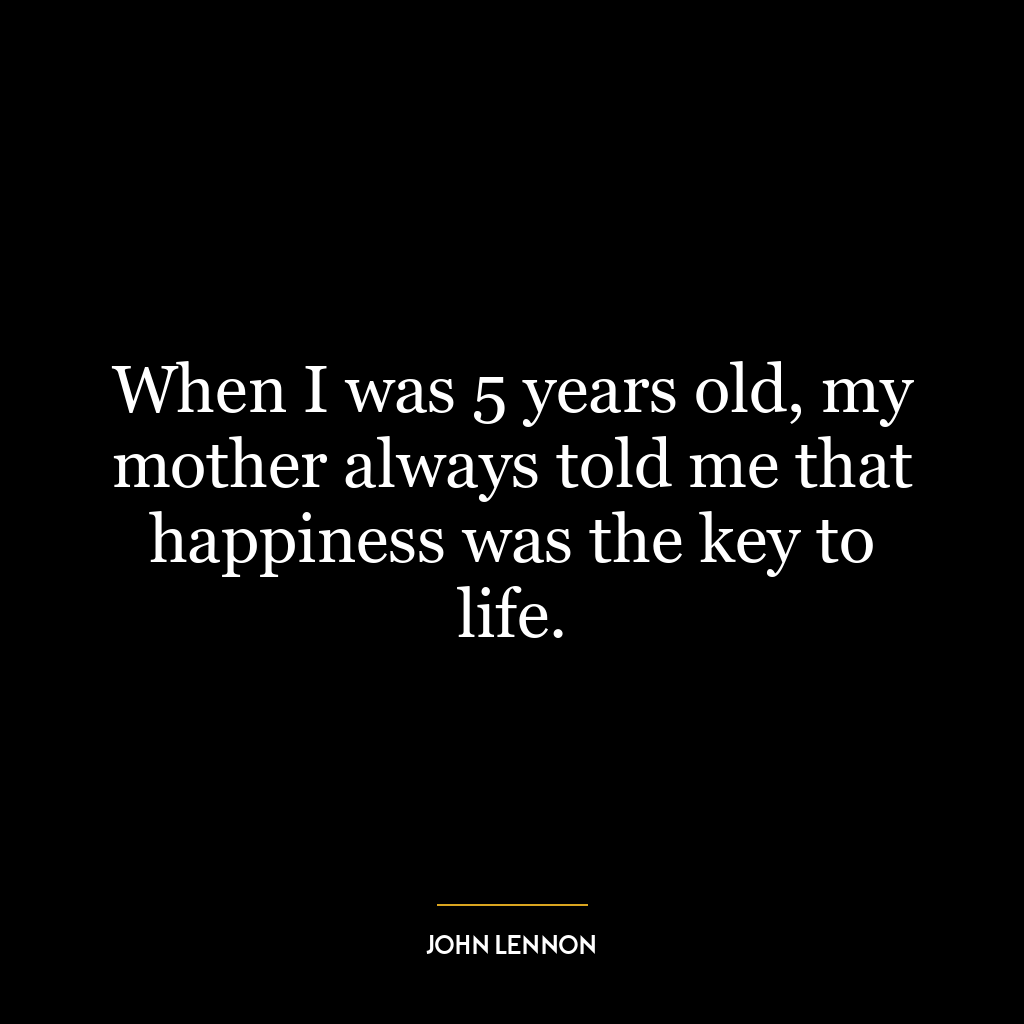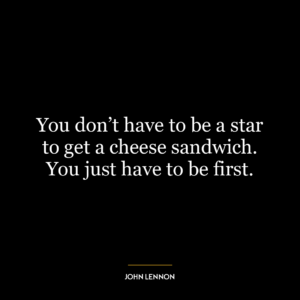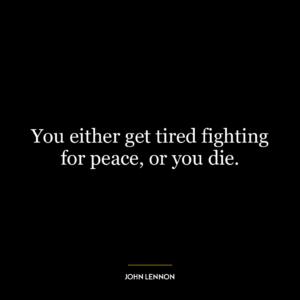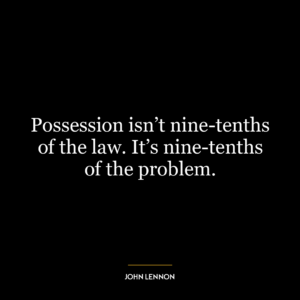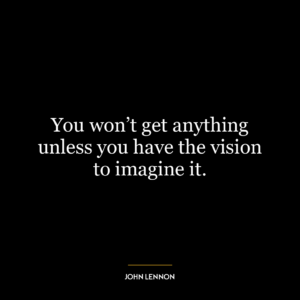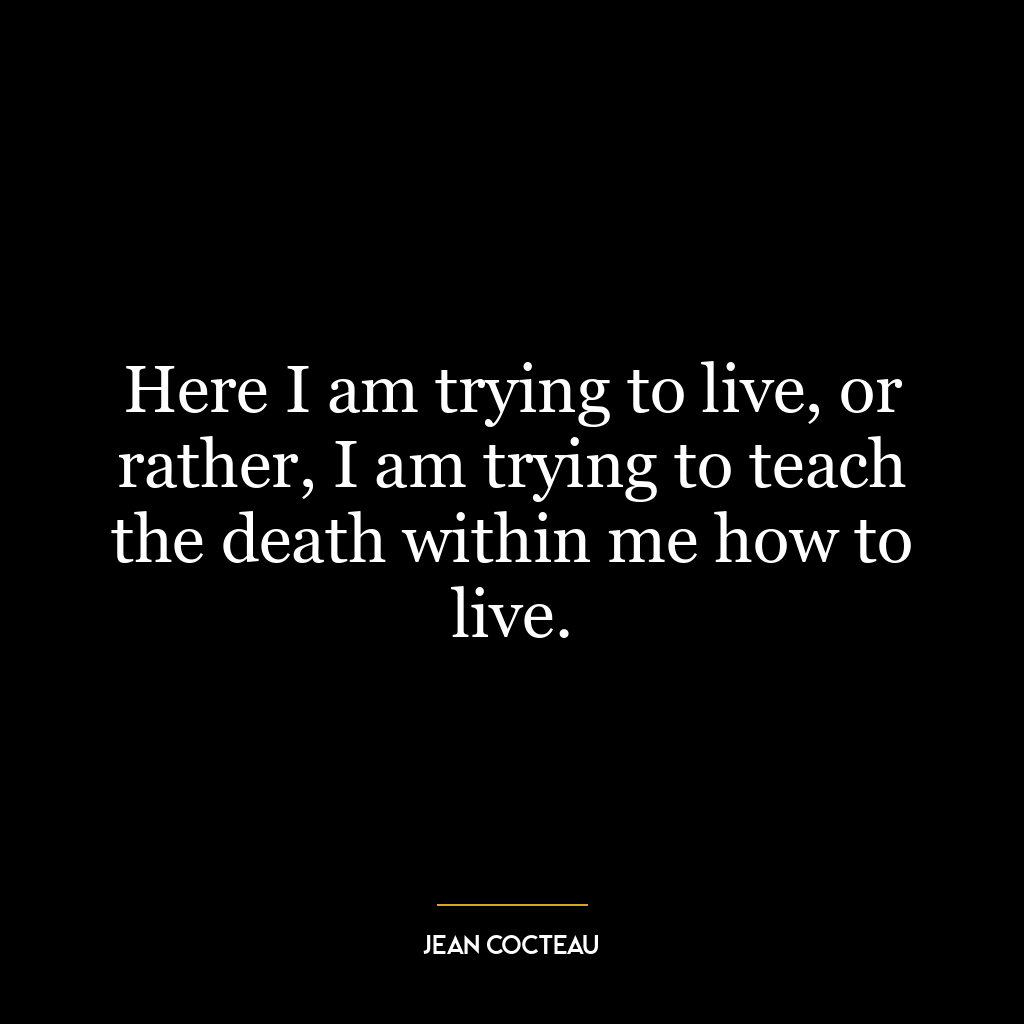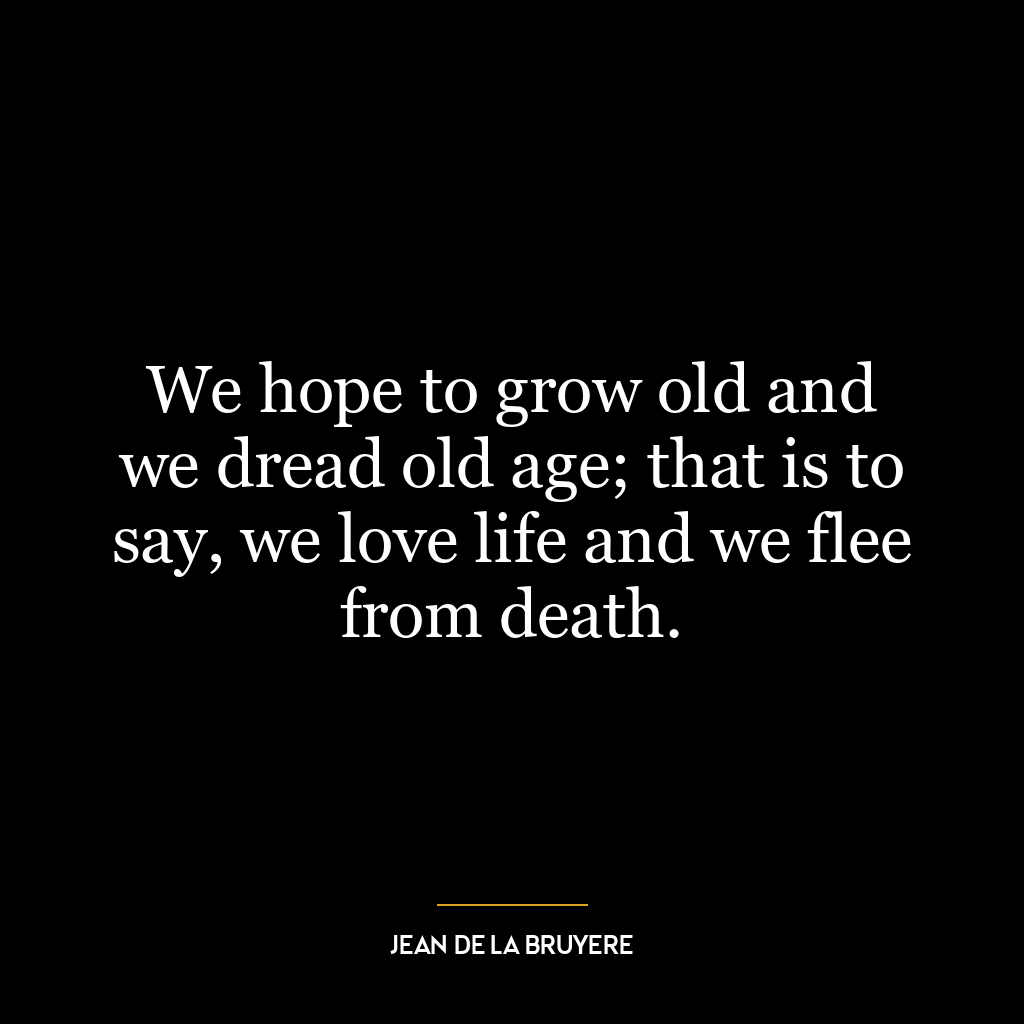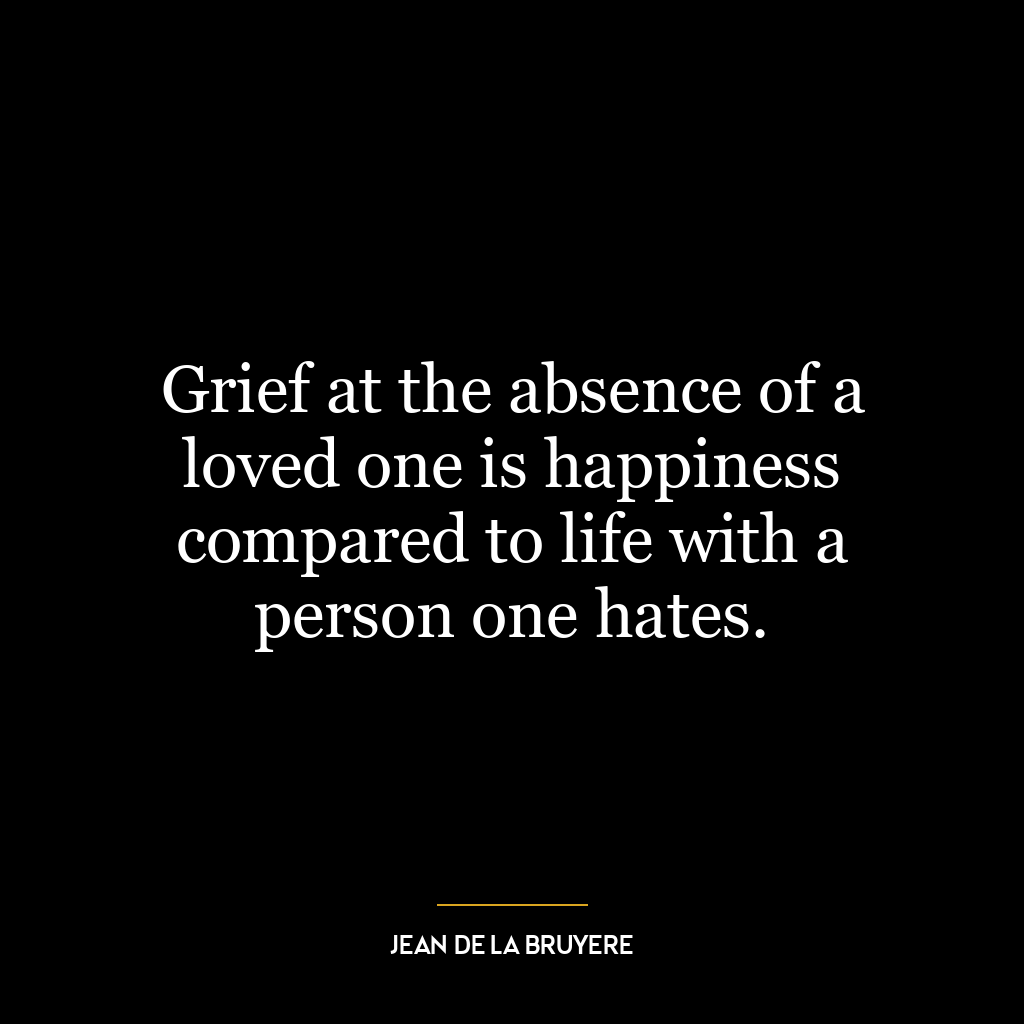When I was 5 years old, my mother always told me that happiness was the key to life.
This quote encapsulates the idea that the ultimate goal or purpose in life is to find and maintain happiness. It suggests that the measurement of a good life is not necessarily in material wealth, success, or societal status, but rather in the level of personal happiness one experiences. It implies that happiness is not only the end goal but also the means to live a fulfilling life.
The term “key to life” is metaphorical, implying that happiness unlocks the best aspects of living, such as peace, satisfaction, and contentment. It’s as if life is a locked door and happiness is the key that opens it, allowing us to fully experience and appreciate what’s inside. The quote also conveys the value of wisdom passed down from generation to generation, as it’s his mother who imparts this life lesson.
Applying this idea in today’s world, particularly in personal development, means prioritizing happiness over other societal measures of success. This could mean different things for different people. For some, it might mean pursuing a passion rather than a high-paying job, for others, it might mean choosing experiences over material possessions, or it could mean prioritizing mental health and relationships over work.
In the realm of personal development, this quote could inspire individuals to focus more on what truly makes them happy. It encourages introspection to identify those elements and to make choices that align with personal happiness rather than external expectations. It could also mean fostering a positive mindset, practicing gratitude, and cultivating resilience to maintain happiness even in difficult times.
In a world that often equates success with wealth and status, this quote is a reminder that happiness is a more meaningful and fulfilling pursuit. It prompts us to redefine success on our own terms, based on what brings us joy and contentment, and to strive for that as the key to a good life.

